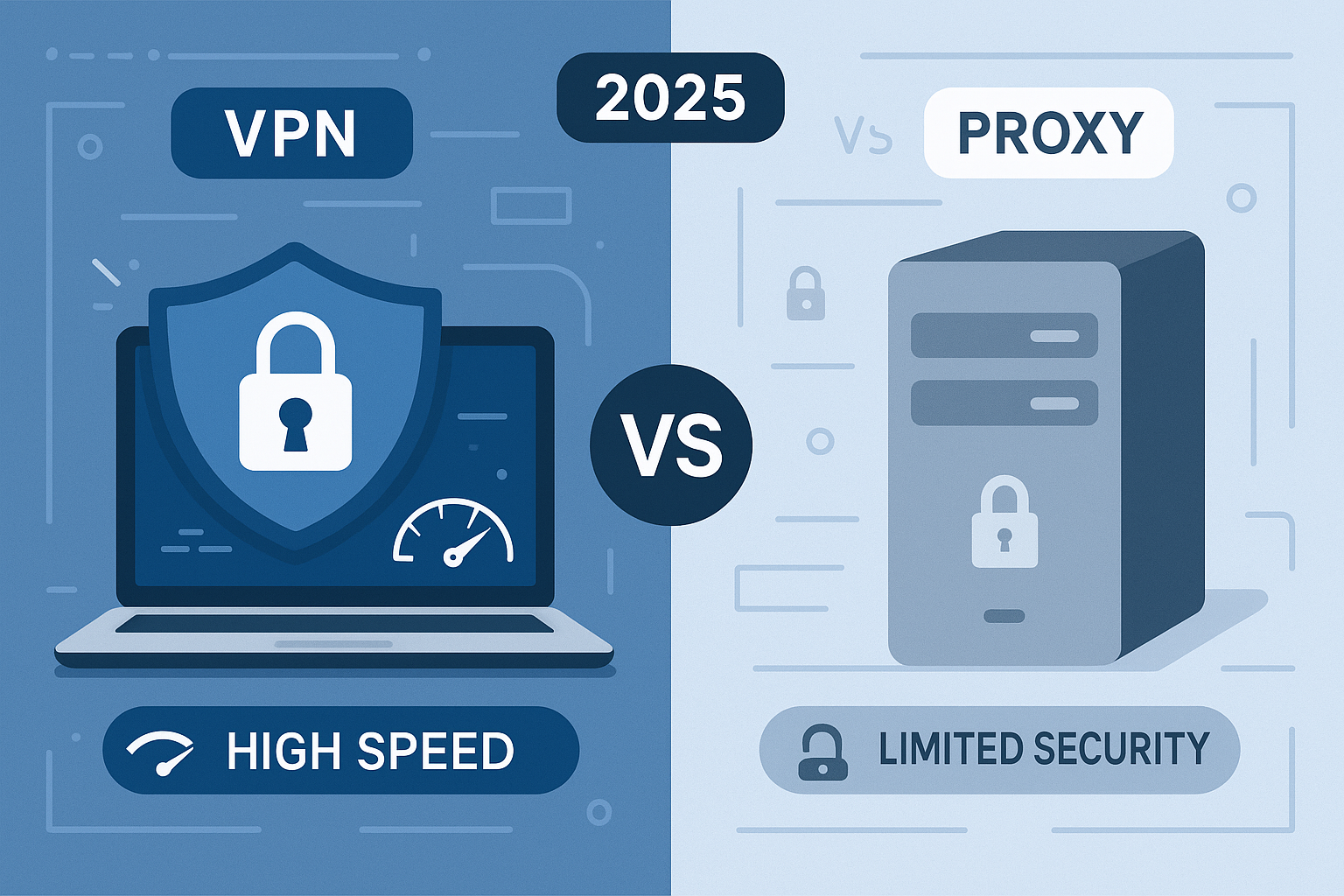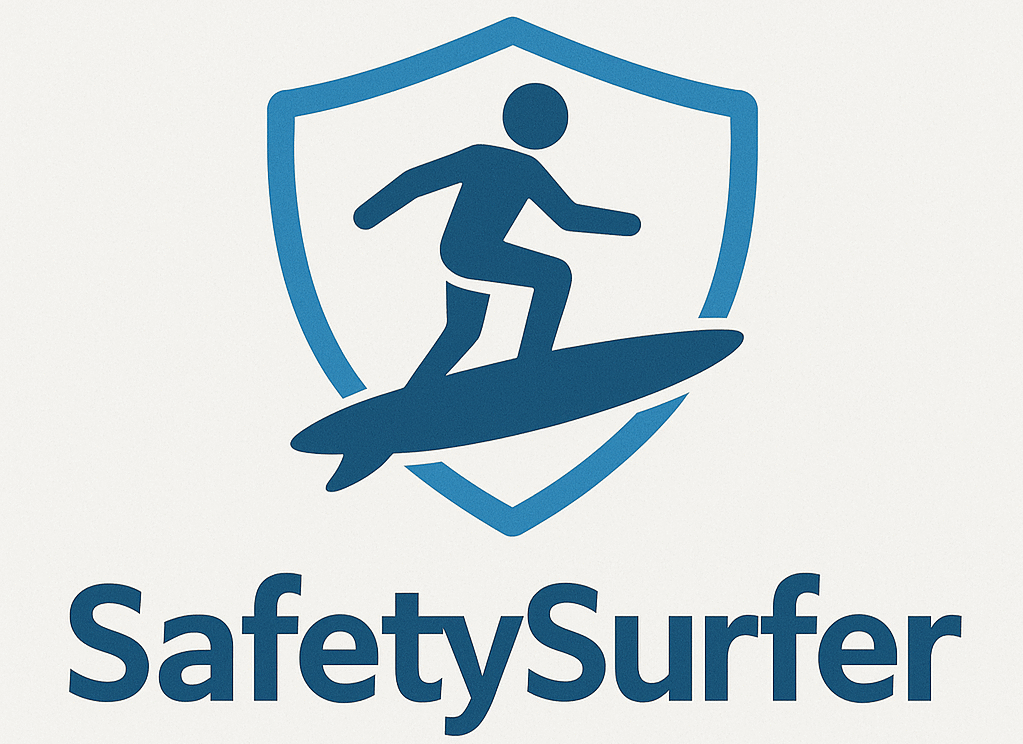VPN vs Proxy in 2025 — In the ever-evolving landscape of online privacy, two tools dominate the conversation: VPNs and Proxies. While both aim to mask your identity and grant access to restricted content, their differences are vast — and critical. In this comprehensive guide, we explore everything you need to know about VPN vs Proxy in 2025.

🔍 What Are VPNs?
A Virtual Private Network (VPN) encrypts your internet connection and routes it through secure servers across the world. This not only masks your IP address but also shields your activity from hackers, ISPs, and surveillance.
🧰 What Are Proxies?
Proxies act as intermediaries between your device and the internet. They only mask your IP address but don’t encrypt your data — meaning your activity can still be tracked by ISPs and snoopers.
🔒 VPN vs Proxy: The Core Differences
- Encryption: VPNs encrypt traffic; proxies do not.
- Speed: Proxies are slightly faster due to no encryption overhead.
- Security: VPNs offer full protection, proxies are limited.
- Use Cases: VPNs for privacy and streaming; proxies for basic access masking.
📶 Use Cases in 2025
In 2025, internet usage has become more complex. VPNs and proxies serve specific roles depending on user intent. Here are some real-world applications:
- VPNs: Ideal for accessing streaming services, avoiding government censorship, securing remote work, and using public Wi-Fi safely.
- Proxies: Often used in schools, businesses, or light unblocking where encryption isn’t a priority.
⚠️ Limitations of Proxies
Proxies are not designed for robust security. They fail to encrypt traffic, don’t prevent DNS leaks, and are easily blocked by modern websites. If you’re looking for privacy or serious content access in 2025, a proxy alone won’t cut it.
📊 Real-World Performance: VPN vs Proxy
Independent tests in 2025 show that top-tier VPNs like NordVPN and ExpressVPN maintain high-speed connections even with encryption. On the other hand, proxies may offer slightly faster access but often fail on websites with modern firewalls and CAPTCHAs.
✅ Pros and Cons
Pros of VPNs
- Strong encryption
- Bypass geo-blocks
- Secure on public Wi-Fi
- No DNS or IP leaks
- Streaming support
Pros of Proxies
- Fast for basic use
- Easy to set up
- Good for local IP switching
Cons of VPNs
- Can cost money
- Slightly slower speeds on low-tier services
Cons of Proxies
- No encryption
- Unstable connection
- Blocked by many sites
- Logs may be kept
🧠 Which One Should You Use?
If your top priorities are security, privacy, and streaming, then a VPN is the best choice. If you simply want to hide your IP or bypass a local restriction without sensitive activity, a proxy may suffice. However, VPNs offer far more value in terms of features, reliability, and protection in 2025’s digital world.
🌐 Expert Recommendations
- For general internet use, opt for a premium VPN like NordVPN or ExpressVPN.
- If you’re concerned about budget and don’t need encryption, free proxies can work — but beware of logging and malware.
- Always check if your provider offers a no-logs policy, DNS leak protection, and fast customer support.
📚 Additional Resources
🔚 Final Verdict: VPN vs Proxy in 2025
In 2025, privacy threats are real, and your data is more valuable than ever. While proxies provide basic masking, VPNs deliver a full suite of online protection, privacy, and performance. Our verdict: Choose VPNs over proxies for any serious or consistent internet use.
🔐 Looking for a fast, affordable VPN? Try ZoogVPN for secure, unrestricted access to the internet. Get started with their budget-friendly plans today.
